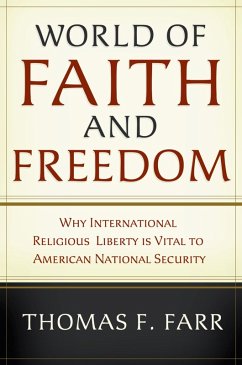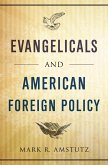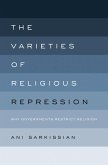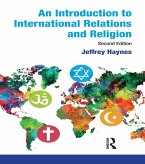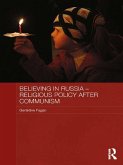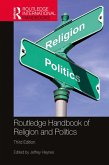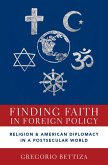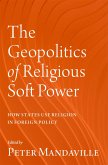Virtually every trouble spot on the planet has some sort of religious component. One need only consider Iraq and Afghanistan, Iran, Israel and Palestine, Turkey, India, Pakistan, Russia, and China, to name but a few. Looming behind national issues, of course, is the problem of regional Islamist extremism and transnational Islamist terrorism. In all of these sectors, religious tensions, ideas and actors are of great geo-political importance to the United States. Yet, argues Thomas Farr, our foreign policy is gravely handicapped by an inability to understand the role of religion either nationally or globally. There is a strong disinclination in American diplomacy to consider religious factors at all, either as part of the problem or part of the solution. In this engaging and well-written insider account, Farr offers a closely reasoned argument that religious freedom, the freedom to practice one's own religion in private and in public, is an essential prerequisite for a stable, durable democratic society. If the U.S. wants to foster democracy that lasts, he says, it must focus on fostering religious liberty, especially in its public manifestations, properly limited in a way that advances the common good. Although we ourselves have developed a remarkably successful model of religious freedom, our foreign policy favors an aggressive secularism that is at odds with the American model. It is essential, says Farr, that we take an approach that recognizes the great importance of religion in people's lives.
Dieser Download kann aus rechtlichen Gründen nur mit Rechnungsadresse in A, B, BG, CY, CZ, D, DK, EW, E, FIN, F, GR, HR, H, IRL, I, LT, L, LR, M, NL, PL, P, R, S, SLO, SK ausgeliefert werden.

